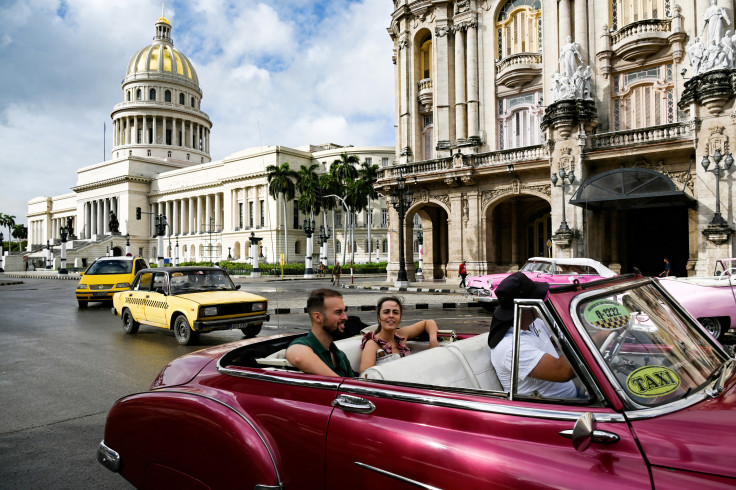
For decades, Cuba's tourism industry has been the pride of its economy, a "locomotive" driving growth and opportunity. But the gleaming image of bustling beaches, vibrant city streets, and historic landmarks is fading as the island faces a staggering downturn.
A recent report from the think tank Cuba Siglo 21 paints a grim picture of a sector in freefall, despite the government pouring over $24 billion into tourism development over the last 15 years.
In the first ten months of 2024, Cuba welcomed just over 1.7 million tourists—a sharp 48% drop from the same period in 2019, before the COVID-19 pandemic. It's a bitter reality for a government that ambitiously projected 3.5 million visitors this year. The numbers don't lie; they tell a story of missed targets and a bruised reputation. From Havana to Varadero, the usual vibrancy has been replaced with quieter streets and the faint echoes of missed opportunity.
Canadian, American and European tourists say no to Cuba
Behind these bleak statistics lies a deeper narrative of decline across major tourist markets. Canadian visitors, who traditionally form the backbone of Cuba's tourism, have decreased by nearly 20% compared to 2019. The story is even grimmer with U.S. travelers; restrictions and political tensions have slashed U.S. arrivals by almost 74%. The exodus of Cuban expatriates, who once returned in large numbers for family visits, has also slowed, with a 52% drop recorded this year.
In Europe, a region once enamored with Cuba's charm, the fallout is just as stark. Countries like the United Kingdom, France, and Italy, once key sources of tourism revenue, have seen visitor numbers plunge by over 70%. The vibrant cultural exchanges that defined Cuba's relationship with the continent seem like a distant memory.
Politics, natural disasters and illness
Experts attribute this decline to a combination of systemic and political challenges. Cuba's reliance on GAESA, the state-run conglomerate controlling much of the country's economy, is often criticized for prioritizing large-scale tourism investments at the expense of essential sectors like energy, transportation, and agriculture.
Meanwhile, hurricanes and other natural disasters, frequent power outages, deteriorating infrastructure, and outbreaks of diseases like dengue fever paint an unappealing picture for potential visitors.
The emigration of skilled labor compounds the issue. Many experienced professionals in the tourism sector have left the island, seeking opportunities elsewhere. As a result, the quality of service in hotels and restaurants—once a hallmark of Cuba's tourism appeal—has noticeably declined. Visitors now face longer wait times and fewer amenities, a stark contrast to the high standards expected in competitive global tourism markets.
Adding to these internal challenges are Cuba's strained international relationships. The island's alliance with Russia amid the war in Ukraine has alienated many European nations, while controversial diplomatic ties with other questioned regimes further complicate matters.
For Cuban expatriates, distrust in government-led initiatives has redirected their travel plans to destinations like the Dominican Republic, which now enjoys a booming share of family-oriented tourism once dominated by Cuba.
© 2024 Latin Times. All rights reserved. Do not reproduce without permission.








